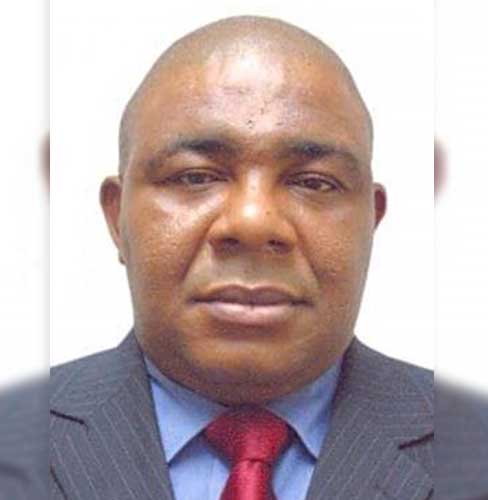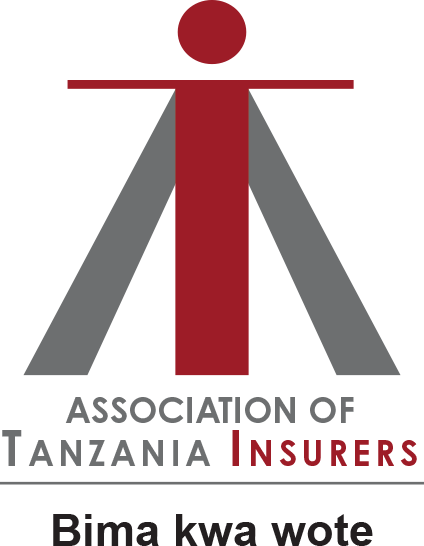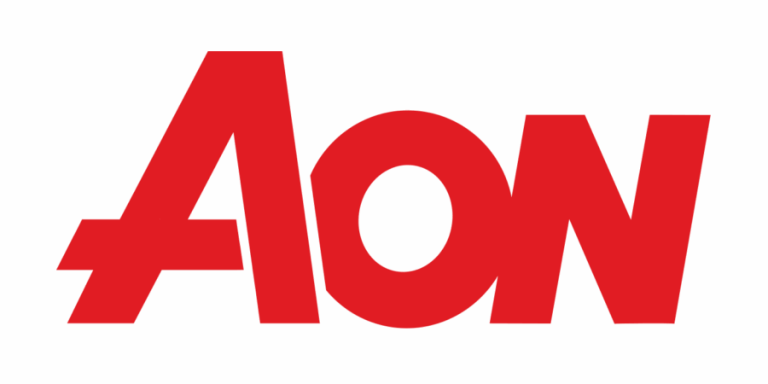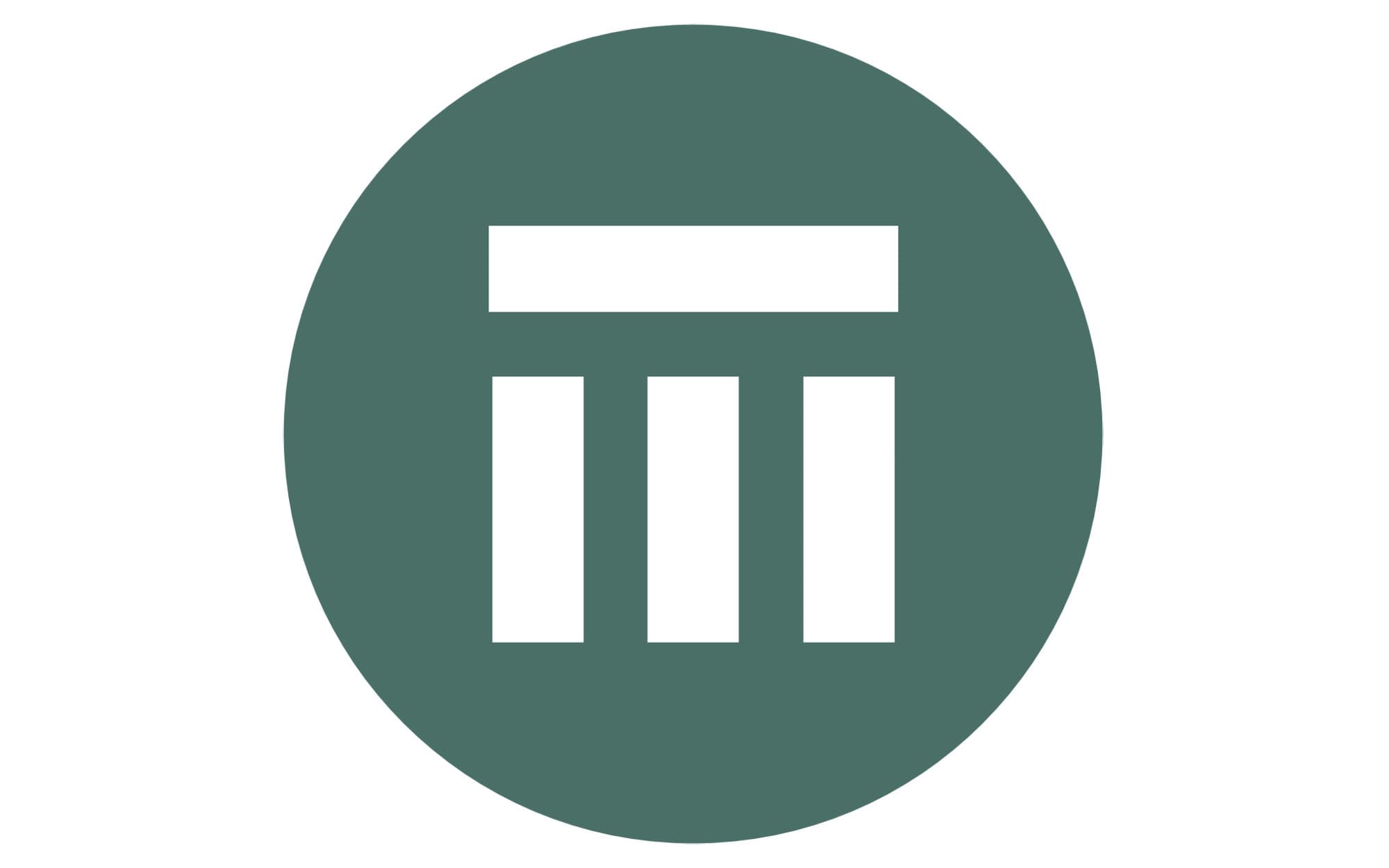By admin
Global reinsurance giant Swiss Re has reported net income of $1 billion for the first half of 2021.
An improved performance in its property and casualty (P&C) business more than offset a COVID-19 driven loss in its life and health (L&H) reinsurance division.
Swiss Re’s H1 2021 Group-wide profit would have reached $1.7 billion excluding COVID-19, compared with a net loss of roughly $1.1 billion for the prior year period, during which Swiss Re reported pandemic losses of a massive $2.5 billion.
Starting with its P&C reinsurance arm, and Swiss Re has announced net income of $1.2 billion for H1 2021, which is a solid improvement on the loss of $519 million for the same period last year.
The firm attributes the robust performance to disciplined underwriting, ongoing price improvements, and significantly fading COVID-19 related losses and a strong investment result.
Within P&C Re, the return on equity (RoE) totalled 27.2%; as Swiss Re grew net premiums earned by almost 9% to $10.5 billion, driven by both volume and price increases.
Losses from natural catastrophe events reached $521 million for the period and are mostly related to US Winter Storm Uri, while Swiss Re’s P&C arm has reported man-made losses of $100 million for the period.
The impact from the pandemic on P&C reinsurance was minimal in H1 2021, says Swiss Re, adding that it expects P&C losses related to COVID-19 to amount to less than $200 million for the remainder of 2021.
At the recent July reinsurance renewals, P&C Re achieved a nominal price increase of 4%, while the volume of treaties remained stable at $16 billion.
Overall, P&C Re has reported an improved combined ratio of 94.4 percent for H1 2021 compared with 115.8 percent a year earlier, with the unit on track to meet its target, normalised combined ratio of less than 95% in 2021.
“Overall price quality improved, more than offsetting the impact of decreased interest rates and adjustments to loss assumptions. In the July treaty renewals, premium volumes slightly increased, with growth in attractive natural catastrophe business in the US,” says Swiss Re.
Within L&H Re in H1 2021, Swiss Re has announced a net loss of $119 million in light of continued losses from the pandemic.
While these losses fell in Q2 when compared with Q1, the vast majority of Swiss Re’s COVID-19 loss of $870 million in H1 2021 are attributable to its L&H Re business. In fact, excluding L&H Re COVID-19 losses of $810 million, L&H Re’s underlying business performed well, with net income of $530 million.
Net premiums earned and fee income jumped by more than 12 percent, year-on-year, to $7.5 billion, mostly as a result of longevity transactions in the EMEA region and favourable foreign exchange developments.
For the Group, net premiums earned and fee income increased by 7.6 percent to $20.8 billion in H1 2021, when compared with the prior year period.
The reinsurer produced a return on investment of 3.2 percent in H1 2021, driven largely by recurring income as well as equity valuation gains.
Swiss Re’s Group Chief Executive Officer (CEO), Christian Mumenthaler, commented: “We are very pleased with the improved profitability achieved by the Group in the first half of this year. The focus on portfolio quality at P&C Re is delivering very strong results, and we are reaping the fruits of our decisive actions that brought Corporate Solutions back on track.
“Although L&H Re is still impacted by claims related to COVID-19 as we support our clients and society during this pandemic, its underlying business continues to perform well. All our businesses are growing, and our very strong capital position allows us to pursue attractive opportunities across all lines of business.”
John Dacey, Swiss Re’s Chief Financial Officer (CFO), added: “Our property and casualty businesses are on track to deliver on their ambitious combined ratio goals for this year. At L&H Re, we currently believe that the progress of the global vaccination programmes will lead to diminishing COVID-19 losses over the coming quarters. Swiss Re’s asset management continues to successfully navigate financial markets and deliver strong returns for the Group.”
Turning to the Corporate Solutions division, and net income here reached $262 million for H1 2021 after a solid turnaround of the business last year. This positive result compares with a COVID-19 driven loss of $312 million for the unit in H1 2020, and was achieved in spite of nat cat losses of $155 million.
Net premiums earned in Swiss Re Corporate Solutions increased by more than 3 percent to $2.6 billion, driven by realised rate increases and selective new business growth. The division’s RoE hit 21.1 percent, and combined ratio totalled 92.7percent, and was supported by favourable prior year development, explains Swiss Re.
At iptiQ, gross premiums written for the core business jumped by a significant 133 percent to $333 million for H1 2021, with Swiss Re noting good contributions across all businesses.
The entity’s gross income, excluding COVID-19 impacts of $5 million, increased by more than 50bpercent, year-on-year, to $26 million for H1 2021.
“The first half of 2021 has demonstrated the strength of our business model as we see our underwriting actions deliver results. While we remain in an uncertain pandemic situation, we are confident that all our businesses are well positioned to continue to perform strongly,” said Mumenthaler.







